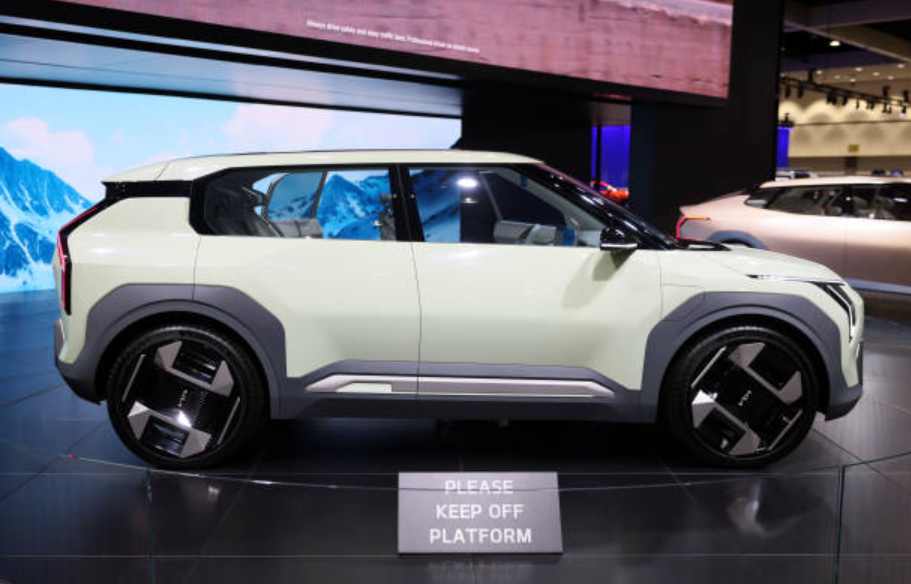Electric Vehicle Sales Disappoint Manufacturers and Dealerships
The sharp increase in sales of Electric Vehicles in recent years has raised expectations for a sustainable auto industry.
However, despite this momentum, projections and aspirations set by manufacturers, dealerships, and political figures like President Biden haven’t aligned with the market reality.
With President Biden aiming for an ambitious target of 100% electric vehicle sales by 2035, many major auto companies recalibrated their strategies.
The planned course, though, isn’t developing smoothly. Major auto companies are preparing for 50% of future sales to be electric vehicles by 2030, and 100% by 2035, Biden remarked.
However, Kevin Book of Clearview Energy Partners highlights the challenges associated with EV adoption, particularly following the initial surge of devoted buyers and niche sectors. What concerns us goes beyond customer acceptance.
Car dealerships, voicing their apprehensions, caution against the proposed regulations mandating electric vehicle production and distribution. They argue that current consumer demand doesn’t substantiate such stringent mandates, as evident from accumulating EVs on their lots.
Electric Vehicle Market Expansion

Despite a significant 547% increase in EV registrations since 2017, the market landscape remains intricate. Ford CEO Jim Farley emphasizes that EVs might cater to a specific clientele those commuting shorter distances or with higher income.
Ford’s decision to slow production of the F-150 Lightning is indicative of the complexities surrounding mass Electric Vehicles adoption.
Furthermore, oversupply in the market expanded hybrid vehicle options, and the persistent price gap between EVs and traditional gas-powered cars contribute to hesitancy among price-sensitive consumers. This price differential remains a significant barrier even with tax credits, dissuading some from opting for electric cars.
General Motors and Tesla, key players in the EV market, are facing delays in their electric pickup production, further reflecting the hurdles in transitioning to an all-electric future.
The road to widespread Electric Vehicles adoption in the United States appears riddled with challenges. While the push toward electrification is evident, the timing and broad-scale adoption might not align with the envisioned goals due to various factors, including consumer preferences and price discrepancies.
As the industry grapples with these realities, the journey towards a fully electrified transportation system continues, albeit with bumps and detours along the way.


Comments are closed.